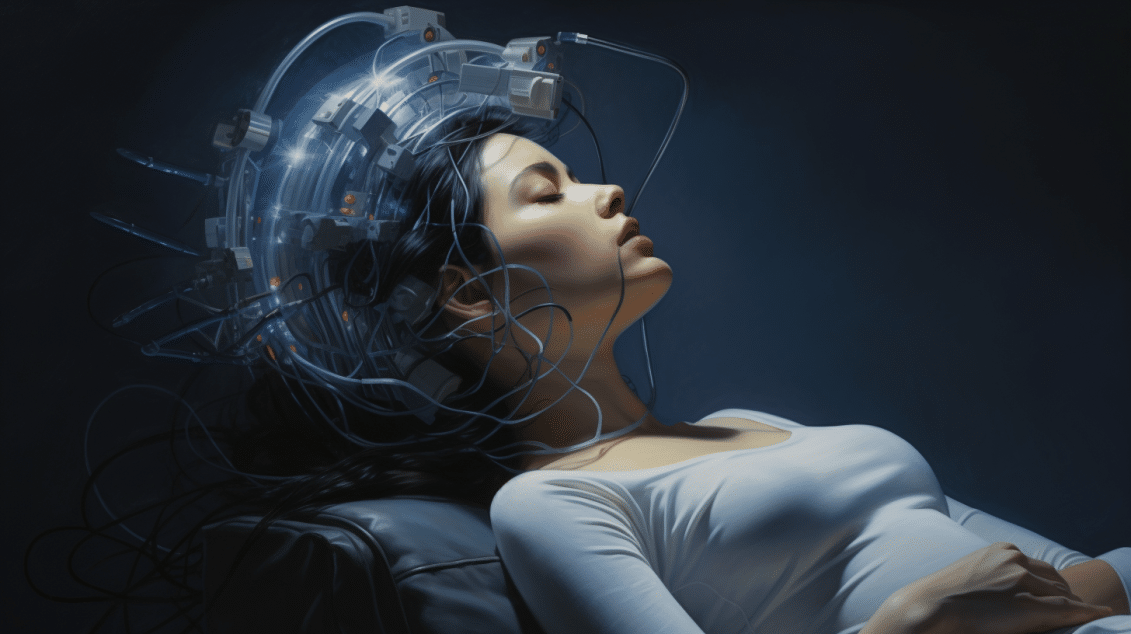Antidepressants & Mania in Bipolar Disorder: 5-HTTPLR Gene Impacts Risk
Bipolar disorder is a mental illness characterized by extreme mood swings between depression and mania. While antidepressants are commonly prescribed to treat the depressive symptoms, they can also trigger manic episodes in some patients. New research suggests having a certain gene may increase this risk. Key Facts: Antidepressants can cause manic episodes, called treatment emergent …










